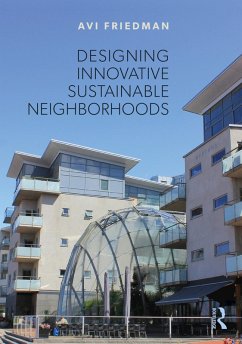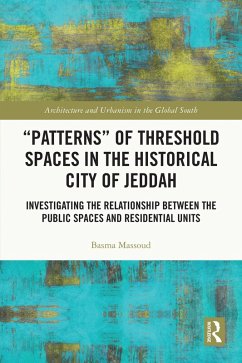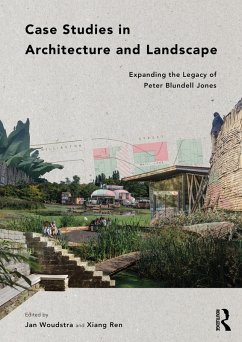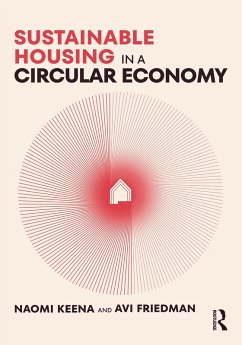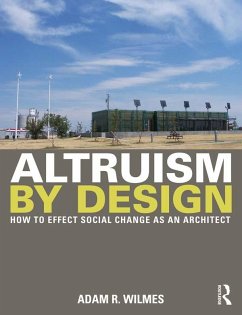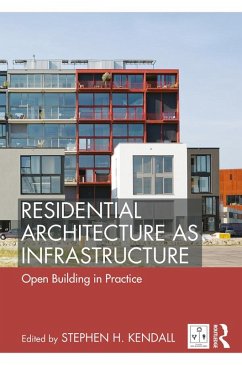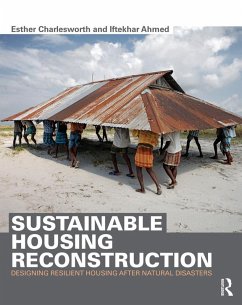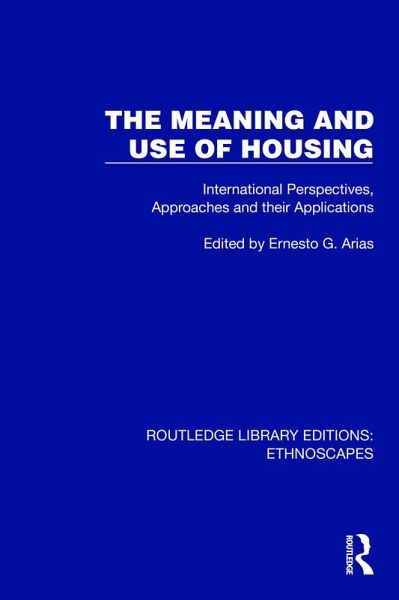
The Meaning and Use of Housing (eBook, PDF)
International Perspectives, Approaches and their Applications
Redaktion: Arias, Ernesto G.
Versandkostenfrei!
Sofort per Download lieferbar
46,95 €
inkl. MwSt.
Weitere Ausgaben:

PAYBACK Punkte
23 °P sammeln!
Originally published in 1993, as part of the Ethnoscapes: Current Challenges in the Environmental Social Sciences series, reissued now with a new series introduction, The Meaning and Use of Housing presents a re-evaluation of the use and meaning of residential environments. It integrates methodological and philosophical approaches to assist in the making of comparisons across issues, concerns, disciplines and countries, and links theory, research and practice. It spans the globe, reviewing studies of every conceivable form of housing. In these studies a wide range of social science, design, ma...
Originally published in 1993, as part of the Ethnoscapes: Current Challenges in the Environmental Social Sciences series, reissued now with a new series introduction, The Meaning and Use of Housing presents a re-evaluation of the use and meaning of residential environments. It integrates methodological and philosophical approaches to assist in the making of comparisons across issues, concerns, disciplines and countries, and links theory, research and practice. It spans the globe, reviewing studies of every conceivable form of housing. In these studies a wide range of social science, design, management and policy perspectives are harnessed to enrich our understanding of the central place in people's life, their homes.
Dieser Download kann aus rechtlichen Gründen nur mit Rechnungsadresse in A, B, BG, CY, CZ, D, DK, EW, E, FIN, F, GR, HR, H, IRL, I, LT, L, LR, M, NL, PL, P, R, S, SLO, SK ausgeliefert werden.





